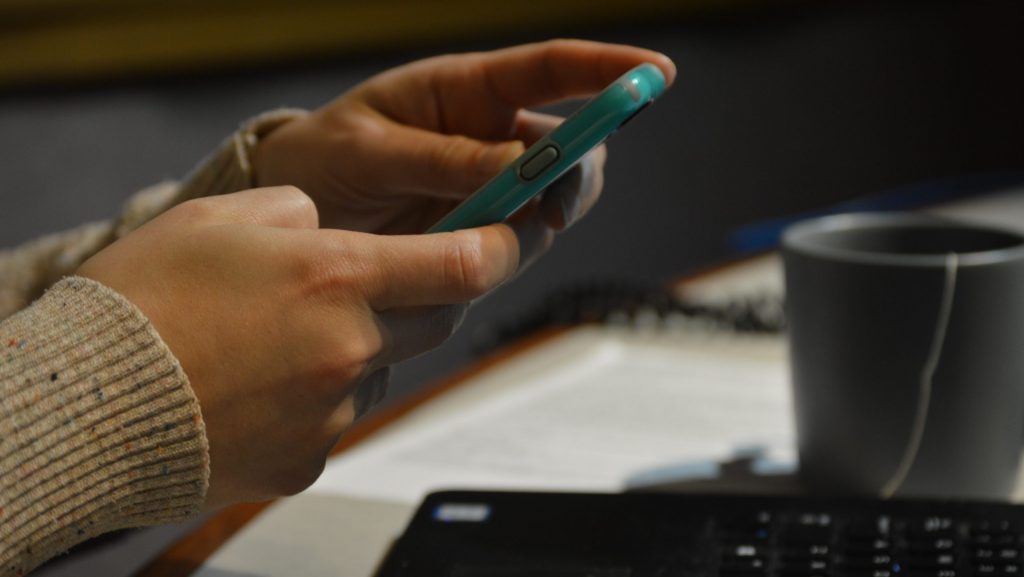How cellphones affect our modern lives
A professor of communications and media studies at Fordham University, Paul Levinson, says concerns of cellphones changing our brains are overblown.

The rise of smart phones in society is leading to more analysis of how the devices affect our lives. They are part of our interpersonal and social ecosystem — connecting us to news, information, games and our loved ones in ways many never thought possible two decades ago.
These connections can also create unintended consequences that lead to questions about the devices. What are cellphones, how are they changing us and why do we still call them “phones” when they do so much more than that?
“It’s like a knife. It can do wonderful things in the hands of a surgeon… In the hands of a criminal, it can do some really serious harm and damage.” — Paul Levinson, Fordham University
Listen: How cellphones changed our lives.
Guest
Paul Levinson is a professor of communications and media studies at Fordham University. He’s the author of several fiction and nonfiction books, including “Cellphone: The Story of the World’s Most Mobile Medium and How It Has Transformed Everything.”
Levinson says it’s important not to overlook the wonderful benefits and changes cellphones have brought to society.
“It’s like a knife,” says Levinson. “It can do wonderful things in the hands of a surgeon… In the hands of a criminal, it can do some really serious harm and damage.”
Trusted, accurate, up-to-date.
WDET strives to make our journalism accessible to everyone. As a public media institution, we maintain our journalistic integrity through independent support from readers like you. If you value WDET as your source of news, music and conversation, please make a gift today.
